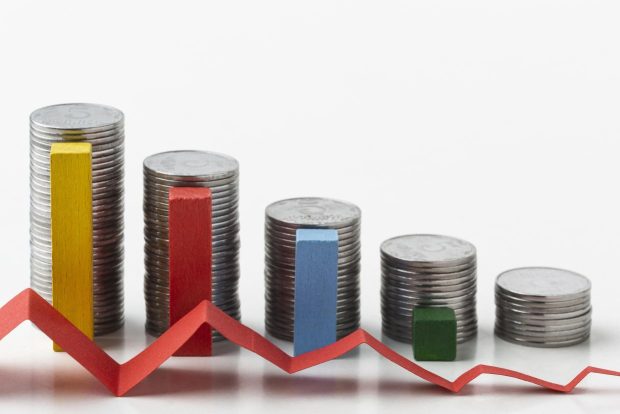New Zealand sets out 2021 budget with new inclusive wellbeing framework

New Zealand has published its annual Budget, setting out an updated approach to wellbeing, explaining how it plans to rebuild the country’s economy after the COVID-19 pandemic, and allocating funds to develop a “carbon-neutral government”.
While New Zealand’s economy has performed better than expected during a volatile year, the finance minister Grant Robertson remained cautious.
“I acknowledge that our stronger economic position will mean there are people who argue we should be taking on more debt and running larger deficits,” he said in his Budget speech. “There will also be people who argue we should be reducing debt faster… I believe Budget 2021 gets the balance right.”
In a written statement, prime minister Jacinda Ardern said the Budget will “help secure New Zealand’s future in every sense, whether it’s through the rebuild of our economy, or the support of our people”.
Wellbeing approach
This Budget is the third in which Ardern’s government has sought to centre its spending around wellbeing. The government described the September 2019 budget as a “world first” in this respect.
As in previous Budgets, this includes analysis of the impact of interventions against a “living standards framework”, which considers 12 “domains of wellbeing”, such as housing or social connections.
For the first time, however, this Budget considers how different initiatives align with a new framework, “He Ara Waiora”, which gives a Māori view on wellbeing.
“He Ara Waiora and the Living Standards Framework can be used alongside each other to explore wellbeing from different cultural perspectives, values, and knowledge systems,” the Budget document notes.
It adds: “Incorporating He Ara Waiora into Budget 2021 is an important step to develop our wellbeing approach so that it reflects the national and cultural context unique to Aotearoa New Zealand.”
This new framework covers five principles: “Kotahitanga – working in an aligned, coordinated way”; “Tikanga – making decisions in accordance with the right values and processes”; “Whanaungatanga – fostering strong relationships”; “Manaakitanga – Enhancing the mana [presence] of others through a process of showing proper care and respect”; and “Tiakitanga – Guardianship, stewardship” including of the environment.
The Budget highlights “Whānau Ora”, a community health initiative. The programme launched in 2010 to improve how health and social care services were delivered, particularly for Māori communities. The Budget says the programme has “helped to maintain social capital during COVID-19 by supporting the health and wellbeing of communities”.
With NZ$50 million (US$36m) of investment as part of New Zealand’s COVID-19 response, the programme “delivered over 260,000 support packages to over 326,000 whānau members”. This year’s Budget includes further investments in the approach, including investments in a housing scheme and an alternative to court for low-level offenders.
Rebuilding from the pandemic
New Zealand has, the government said, “saved lives and livelihoods” with its cautious approach to managing the pandemic. “However, we are still operating in the shadow of COVID-19 and significant global uncertainty remains,” it said.
The government is making extensive infrastructure investments, including $1.3 billion (US$937m) in rail and $761 million (US$548m) capital funding for education. “Infrastructure… creates jobs, provides key services, and enhances the long-term productivity of the economy,” the government said.
There is also increased funding for vocational training — such as $44 million (US$31m) for digital skills training for small businesses.
Elsewhere, the Budget has an eye to the government’s contribution to staving off future threats. “Budget 2021 provides $67 million [US$48m] total funding to deliver a coordinated programme and support for agencies to reduce emissions, with the aim of making a number of government organisations carbon neutral by 2025,” the document says.





















